Saturday, March 01, 2008
Subscribe to:
Post Comments (Atom)
Where 100 seasons of stories and lessons from 24 Stanley Cups meet to form a perspective in the Drive For 25



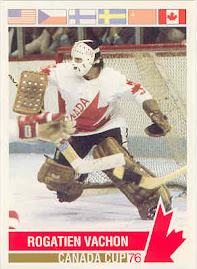
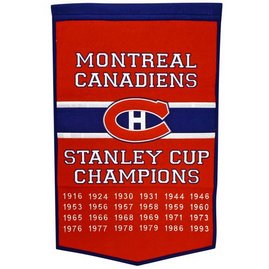







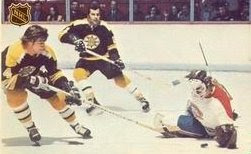



















































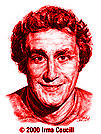





My blog is worth $71,217.00.
How much is your blog worth?




























































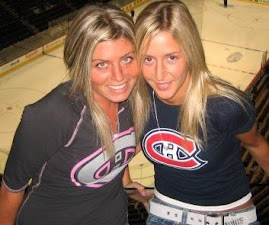
















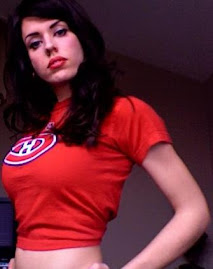

2 comments:
Good to see Guy fight, but he should not be doing it with his visor on. The only reason he got so many hard shots on Pratt was cuz the poor guy was trying to remove Latendresse's helmet so he didn't break his hand on the visor instead of actually fighting Guy.
I saw that!
It would be good advice to Pratt not to pick fights with guys who wear visors, or at least to wait until they take them off themselves.
Latendresse likely doesn't know the fighters code of removing it first, but he sure knew when to start wailing when Pratt tried to grab it!
I'm not sure anyone has ever broken a hand on a visor before. Usually it gets broken on a face or head. Visors can cut pretty bad though.
I think the proper way to go, is for the calling for the fight, in this case Pratt, to first back away and remove his head gear, inviting the opponant to do the same.
Post a Comment